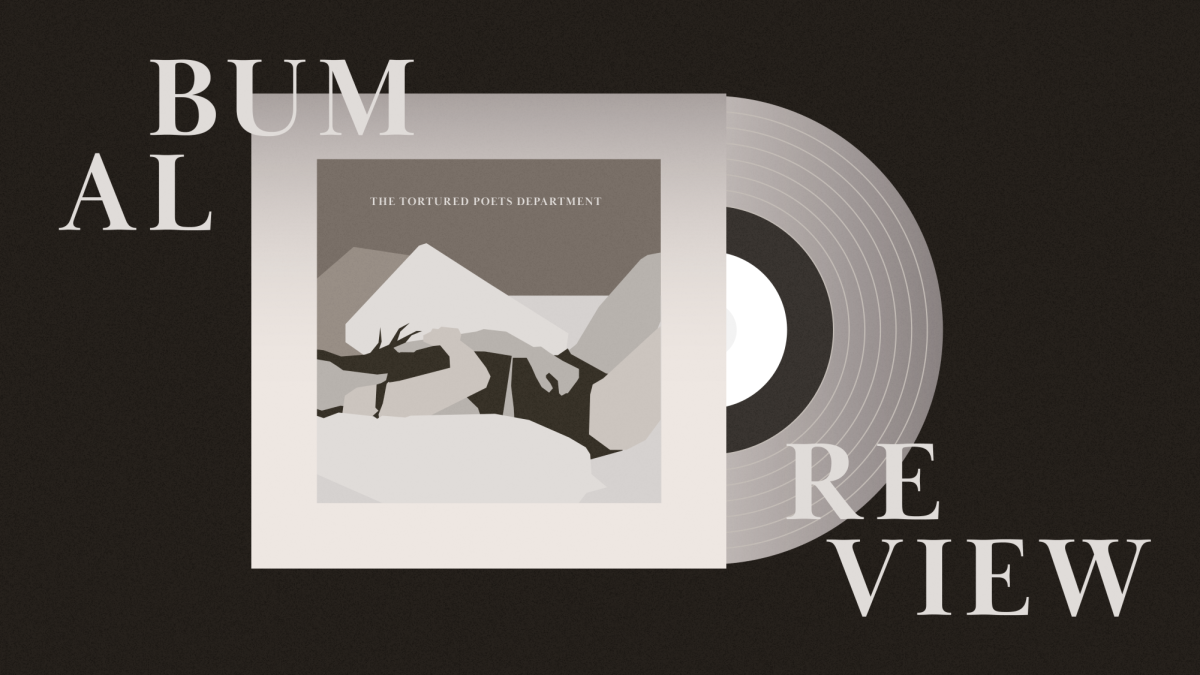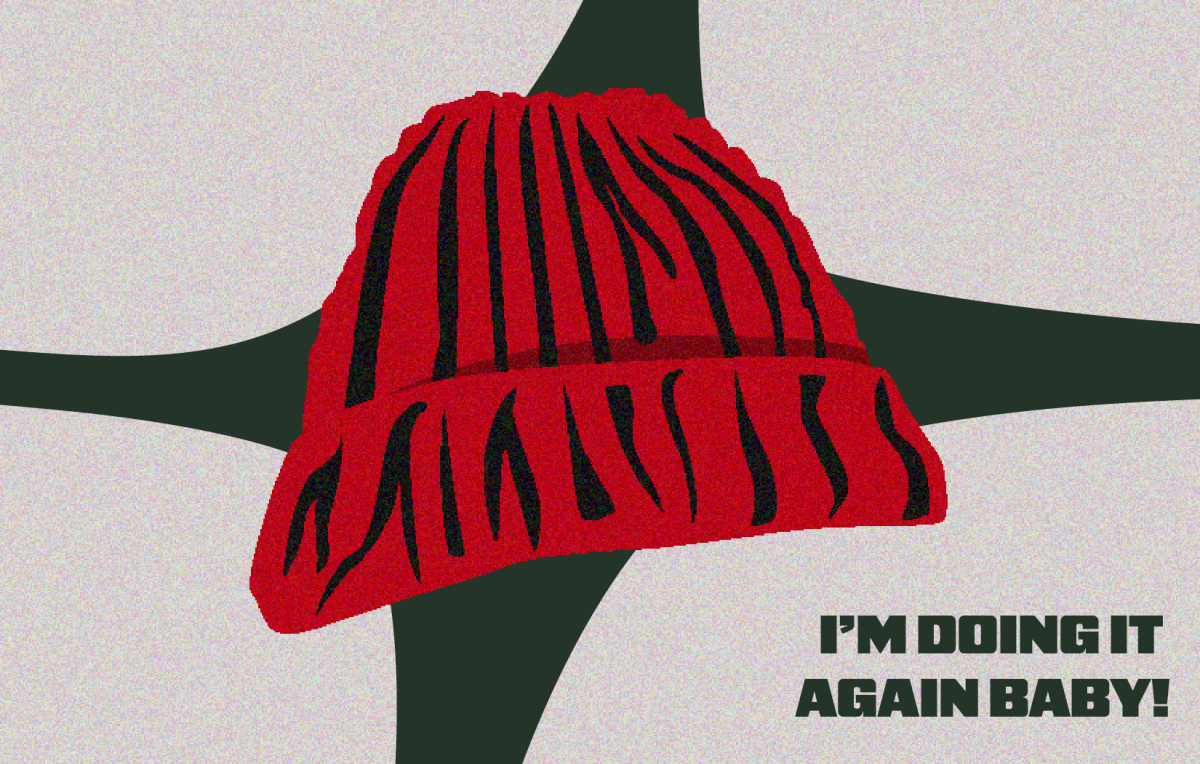The Clery Act, designed to inform prospective students and parents about the crime rates of a university, dramatically misrepresents the amount of theft at the U.
The campus police are required by the Clery Act to publish a campus security report by October of each year listing each crime and how often it occurred. However, the U’s campus security report only shows a tenth of the 1,555 thefts that occurred between 2005 and 2007.
With 2,906 victims during the past five years, theft has been the single most prevalent crime on campus. Since April 1, 2004, the earliest date in the campus police’s digital record system, thefts have comprised about a third of the approximately 10,000 crimes committed on campus to date.
“The Clery Act is not as interested in minor theft,” said Scott Folsom, chief of U Police. The act was passed in 1989 after Jeanne Clery was raped and murdered at Lehigh University as an effort to get colleges and universities to inform parents and prospective students about their relative safety.
Folsom said it was created with crimes against people in mind, not property, which is why theft isn’t paid as much mind in the mandated security report.
However, people relying on the Clery Act to inform their decisions are still left generally unaware of how often theft is reported to campus police. Most of the 1,500 thefts reported to campus police between 2005 and 2007 were simply catalogued as “theft.” There is no category in the mandated security report for the all-inclusive term, which is why the security report excludes almost 1,300 reported thefts from the publication.
The three categories of theft in the security report include robbery, burglary and motor vehicle theft. Although the security report accurately shows the three robberies that occurred on campus between 2005 and 2007, the burglary and car theft numbers fall short by a small margin.
The Clery Act has its own criteria for what constitutes a reportable crime, independent of campus police. The Clery Act does not recognize peripheral locations that campus police respond to, such as the medical centers or local parks.
The difference can be also be explained by incidents that were reported as crimes but turned out to be misunderstandings.
“This might be the situation where a complainant reports a vehicle stolen but finds the spouse came up and picked up the vehicle without telling the complainant,” said Capt. Lynn Mitchell.
The public still has the right to find out just how many crimes are reported to campus police through the Freedom of Information Act. However, almost no one goes through the trouble, Folsom said. In the four years he’s served at the U since transferring from the Salt Lake Police Department, he’s only received two phone calls from concerned citizens about the number of campus crimes.
It used to be that colleges and universities didn’t want to report any of their crime because it would hurt their promotional image, Folsom said. The U got ahead of the ball. As early as the mid-1970s, the U police began publishing their crime rates because the public has a right to know, Mitchell said.
“We try the best we can to get accurate stats,” Folsom said. Crime statistics can be fudged by a headache-inducing amount of conflicting criteria, because individual agencies, the FBI and Clery Act all have separate definitions. As far as statistics go, it all comes down to who’s asking, he said.











